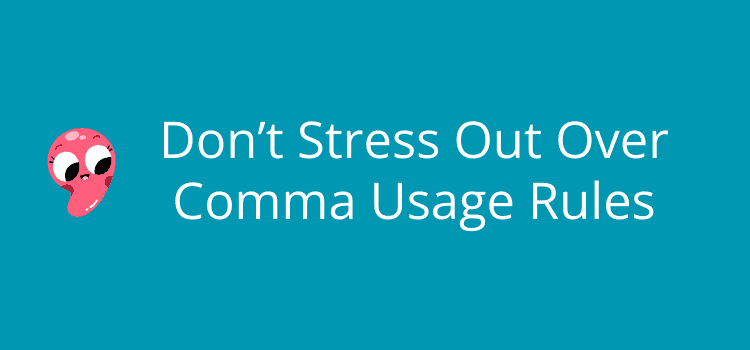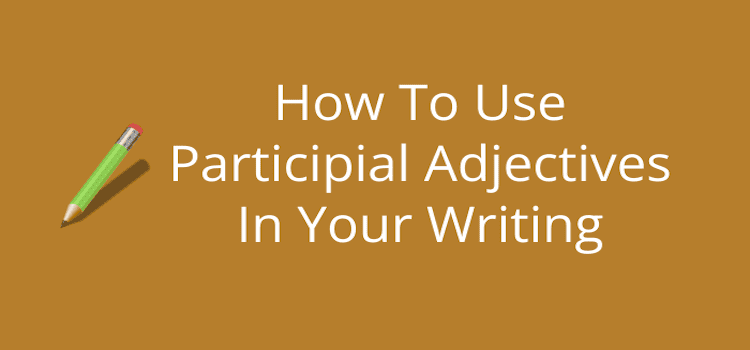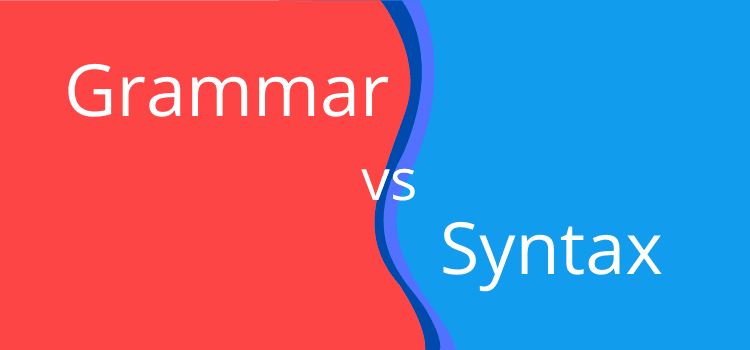
You’re not alone if comma usage rules drive you up the wall. It seems like there are more rules and disagreements for this tiny little punctuation mark than for any other part of grammar and writing.
I’m sure you know the basic comma rules. But worrying about them when you write is an unnecessary distraction.
The main goal of writing is to transfer your thoughts and ideas into words. Whether they are separated by commas or not makes no difference in a first draft.
It’s much more productive to focus your attention on how and what you want to say.
Why are comma usage rules confusing?
Try reading two or three style guide recommendations for punctuation. You are likely to find different usage rules for commas.
It’s also a topic that appears a lot on social platforms. Reddit is always full of questions from writers about whether a comma is necessary or not.
Every writer is familiar with the hackneyed examples of eating Grandpa and God being one of Ayn Rand’s parents.
It’s true that using the Oxford comma (or serial comma) in these famous lines can add clarity or distinction.
But they are both very short utterances without any surrounding context. The case could be very different for sentences of a similar structure within a text.
It’s ironic that the primary function of commas in writing is to avoid confusion for readers. But the rules about them cause a lot of confusion for writers.
Famous writers have also been known to be exasperated by the humble comma.
The quote about spending all morning deleting a comma and all afternoon putting it back again is often attributed to Oscar Wilde or Gustave Flaubert. But it highlights how using a comma can be a choice.
Have you noticed how some grammar checkers cannot make up their minds? Grammarly frequently annoys me when it tells me to remove a comma. The moment I do it tells me to add one back.
It’s pretty easy to see why commas have a reputation for being troublesome. But that’s not necessarily the case.
When do commas really matter?
Not as often as you might think.
Do you know that there’s a comma rule for such as?
You need to add a comma if it introduces a non-restrictive clause. I guess you’re heading off now to find out what a non-restrictive clause is.
But will readers notice your correct or incorrect use? I doubt it.
It’s a rule for the punctuation purists who like to nitpick.
The simple little word but has three comma rules. Two of them are for commas before and after. One is for not at all.
That’s a lot of rules to remember for such a common word. But I think it can survive quite happily in many cases without much help from punctuation.
I especially like the comma rules for especially. A comma is recommended when it introduces a non-essential phrase or clause.
That’s an easy one to avoid. Only write about essential information. Isn’t that what writing is about?
Then there are some finicky little rules about using commas with names and titles.
I know this is about punctuation precision. I’ve even written about the rules. But will anyone really notice if you don’t wrap a non-essential name in commas?
There’s even a comma rule for the word because. You need one if it introduces a second clause that is negative.
It’s always better to be positive. That makes it an easy one to write around.
I hope you can see where I’m going with this article. It’s that the importance some writers place on commas can get in the way of productive writing.
Don’t overthink your punctuation
How much time do you spend thinking about using colons or semicolons? Perhaps considering whether an em dash should be an en dash.
Then there’s the mysterious and rapidly disappearing hyphen.
Most writers would barely give these punctuation marks a thought when writing. Fiction writers who love the em dash might be the exception here.
Punctuation is always secondary to the words you write.
So why do writers get so hung up about commas?
Probably because a lot of writing and grammar advice focuses too heavily on correct comma use.
It can make it feel as if you can’t write well if you don’t know every little nuance of the rules.
But it needn’t be so complicated or confusing. We don’t need commas to tell a reader to pause for breath or to chop a long sentence into manageable pieces.
The primary use for commas is to avoid confusion.
That’s the only decision you really need to make. Will adding a comma help a reader understand what I’m saying? Or can the sentence stand on its own?
You might need to think about a comma when you have a list of three items in a sentence.
Are the last two items potentially confusing without a comma? Think here about the famous Ayn Rand example.
It’s rarely a problem if it’s a sentence about three similar things. Beans and peas will be happy along with potatoes.
The best way to think about commas is to consider them as an aid to make your writing clear and readable.
That doesn’t make them a necessity that says you need one because you have written fifteen words or more in a sentence.
How observant were you?
You probably scan-read to this point in my article. You might have even arrived here by clicking this question in the table of contents.
But how you got here isn’t important. Is there anything unusual about this article?
I can sense that you are quickly skimming back through the text.
That’s right! There is not a single comma in this text of nearly 1,000 words about commas.
Conclusion
I’m pretty sure that this must be the only advice article online about comma usage rules that doesn’t use any commas.
But it hopefully proves to you that commas are not a necessity or set of golden rules that you need to fear breaking.
Commas are simply one tiny punctuation mark that can help when you need them.
Don’t stress out about them when you write. Leave those little decisions for another day.
Write first and worry about commas later. Your ideas matter more than a tiny curl of punctuation.
Related Reading: 25 Ways To Start A Sentence For Extra Variety
Share This Article


